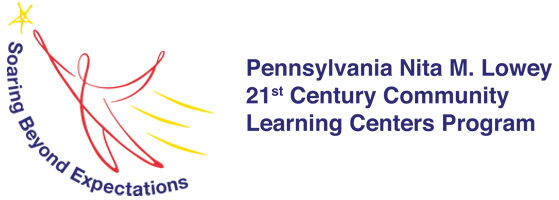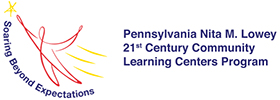STEM (Science, Technology, Engineering, and Math) education is an integrated, interdisciplinary, and student-centered approach to learning that encourages curiosity, creativity, artistic expression, collaboration, computational thinking, communication, problem solving, critical thinking, and design thinking.
STEAM (Science, Technology, Engineering, Arts, and Math) is an integrated approach to learning which requires an intentional connection between standards, assessments, and lesson design/implementation. True STEAM experiences involve two or more standards from science, technology, engineering, arts, and math. STEAM activities should be taught and assessed by adding up time, effort, and results in each STEAM area.
Other STEM fields and organizations of interest include:
- Accounting firms.
- Amusement parks.
- Architecture firms.
- Banks.
- Carpenters.
- Dam management.
- Elections polls.
- Emergency Medical Services (EMS).
- Farmers, farmers markets
- Forensics.
- Mechanics, automobile, aviation, watercraft.
- Parks and recreation (state and national within Pennsylvania).
- Sports arenas.
- Trucking companies (high tech logistics systems).
- Zoos.
The resources provided deal with programming in general and certain practices may not be applicable to 21st CCLC. If you are unsure if a recommended practice is permissible, please contact your program officer at the Pennsylvania Department of Education.
Articles
Afterschool Matters: STEM Focus
Carnegie STEM Girls – Women in STEM Careers
Defining Youth Outcomes for STEM Learning in Afterschool
Examining the Impact of Afterschool STEM Programs
Know Your Funders: A Guide to STEM Funding for Afterschool
Curriculum and Supplies
APEX Science – Hands-on science exploration to children in afterschool programs.
Collaborative Classroom – Literacy and community-building programs for elementary schools, as well as enrichment programs for after-school settings.
EarthBOX – Homegrown Vegetables Without a Garden – Standards-based curriculum of guided inquiry to discover the science behind the sustainable container garden system, plants, light, water, soil and nutrition.
EDC Science – Inquiry-based approaches to deepen understanding of science concepts, build data literacy and critical thinking, hone reading and writing skills in the context of science investigation, and broaden participation in meaningful science.
EDC STEM – Resources to close STEM learning opportunity gaps, improve the relevance and rigor of STEM learning, and prepare all students to thrive in a wide variety of STEM-intensive jobs.
GEMS: Great Explorations in Math and Science – Science and math curriculum and professional development.
Intel Education – Enhanced Learning with Educational Technology – Science, Technology, Engineering and Mathematics (STEM) curriculum, competitions, and online resources to encourage students’ interest and participation.
KELVIN® Educational – Products for technology education, science, robotics, electronics and pre-engineering designed to assist educators in enriching curriculum and motivating students through quality hands-on activities.
NASA – For Educators – Unique space and aeronautics content through NASA’s education opportunities for informal education.
NASA Kids’ Club – PreK-4 children play and learn about NASA and its missions.
Notice and Wonder– Combines the investigations and personal insights of a variety of scientists with hands-on science activities.
PBS Kids Design Squad Global – Free engineering resources for middle schools.
STEMfinity – Hands-on resources targeted to preK-16 students learning STEM, robotics, 3D printing, drone technology, rocketry and beyond.
Terrific Science – Free resources that emphasize science learning key elements such as developing understanding with claims and evidence, models and model-making and student engagement.

